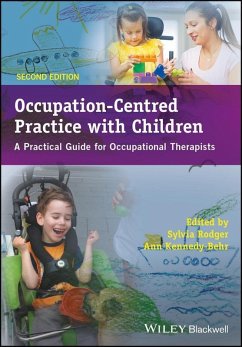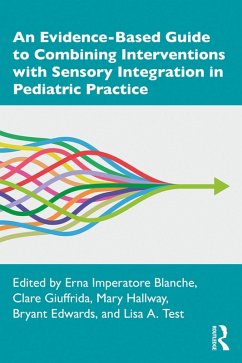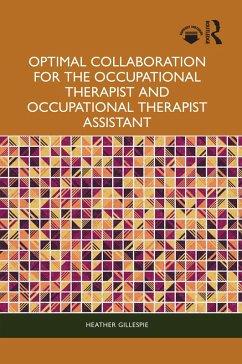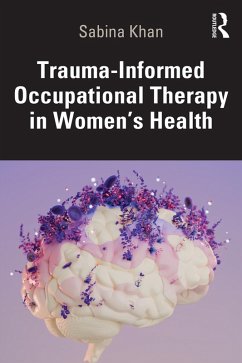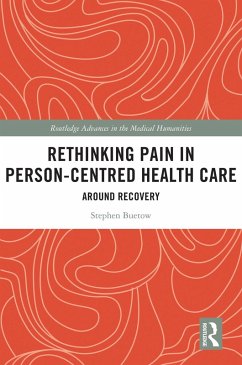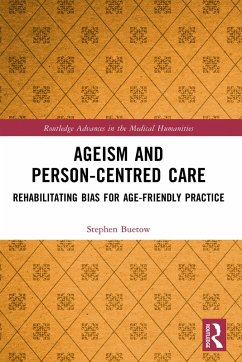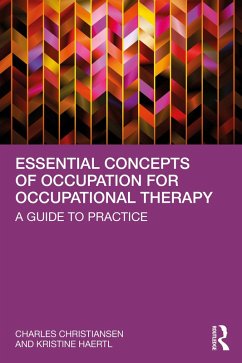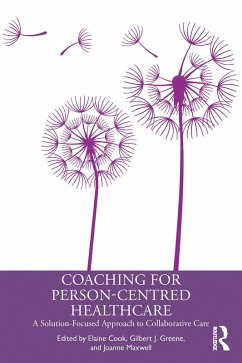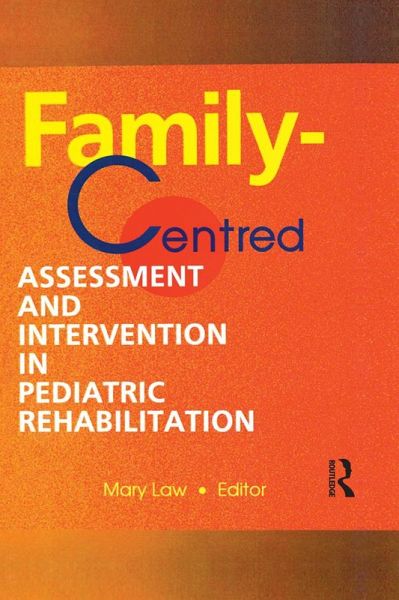
Family-Centred Assessment and Intervention in Pediatric Rehabilitation (eBook, PDF)
Versandkostenfrei!
Sofort per Download lieferbar
41,95 €
inkl. MwSt.
Weitere Ausgaben:

PAYBACK Punkte
21 °P sammeln!
Family-Centred Assessment and Intervention in Pediatric Rehabilitation analyzes the effectiveness of Family-Centred Services (FCS) for children with disabilities or chronic illnesses. This text provides you with the exact definition of FCS and offers proof that parent involvement in children's treatment greatly enhances therapy. You can use the suggestions and methods to integrate parents into therapy, maximizing the family's intervention experiences and making your work more successful and effective.Many clinicians agree that families play a crucial part in deciding what intervention strategi...
Family-Centred Assessment and Intervention in Pediatric Rehabilitation analyzes the effectiveness of Family-Centred Services (FCS) for children with disabilities or chronic illnesses. This text provides you with the exact definition of FCS and offers proof that parent involvement in children's treatment greatly enhances therapy. You can use the suggestions and methods to integrate parents into therapy, maximizing the family's intervention experiences and making your work more successful and effective.Many clinicians agree that families play a crucial part in deciding what intervention strategies are best for their children. From this text, you will learn that listening to parents and valuing parental input will give you insight into the goals, needs, and ambitions families have for their children. This enables you to choose, with the parent, the interventions that best suit your patients'needs and the needs of their families. In addition to information on how to integrate parents and families into intervention, Family-Centred Assessment and Intervention in Pediatric Rehabilitation offers suggestions that will improve your existing FCS or help you implement a family- centred approach, including:
- performing therapy in natural settings, such as school or home, to make changes in the children's social and physical environments
- acknowledging the grieving and adaptation process of families while being compassionate and understanding
- letting parents describe what they would like their child to be able to do and accomplish in the future
- putting the parents'concerns and requests first, enabling parents to deal with caring for their child
- supporting parents and reinforcing them when they have innovative and helpful ideas
- informing parents on the progress of their children and educating parents on methodologies and strategies used in FCSMany of the suggestions derived from the analysis of current data and original research in Family-Centred Assessment and Intervention in Pediatric Rehabilitation have immediate clinical applicability, allowing you to quickly adapt methods into your intervention processes. This text also provides you with information on types of evaluative methods, such as Measure of Processes of Care (MPOC) and Family-Centred Program Rating Scale (Fam PRS), that will help you determine if your FCS program is working efficiently. Emphasizing the goal of parent interaction in FCS services, Family-Centred Assessment and Intervention in Pediatric Rehabilitation offers methods that will improve your work with families and patients, making services more beneficial and relevant to the child and to their families.
Dieser Download kann aus rechtlichen Gründen nur mit Rechnungsadresse in A, B, BG, CY, CZ, D, DK, EW, E, FIN, F, GR, HR, H, IRL, I, LT, L, LR, M, NL, PL, P, R, S, SLO, SK ausgeliefert werden.




